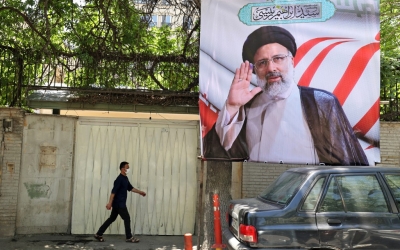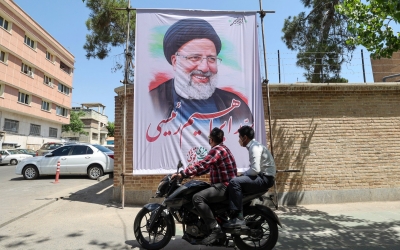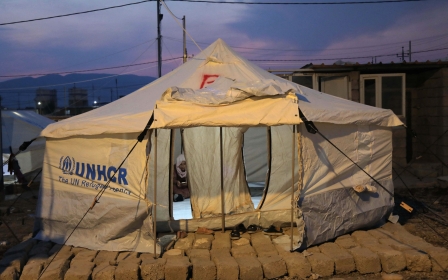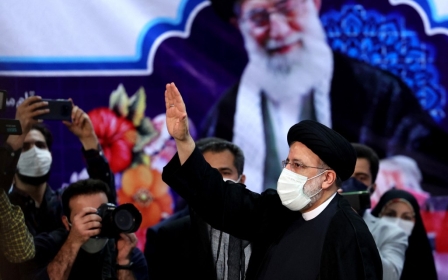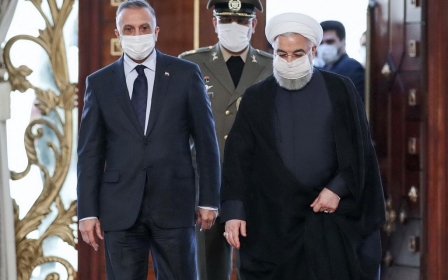Iranian press review: Iran and South Korea inch closer to resumption of trade
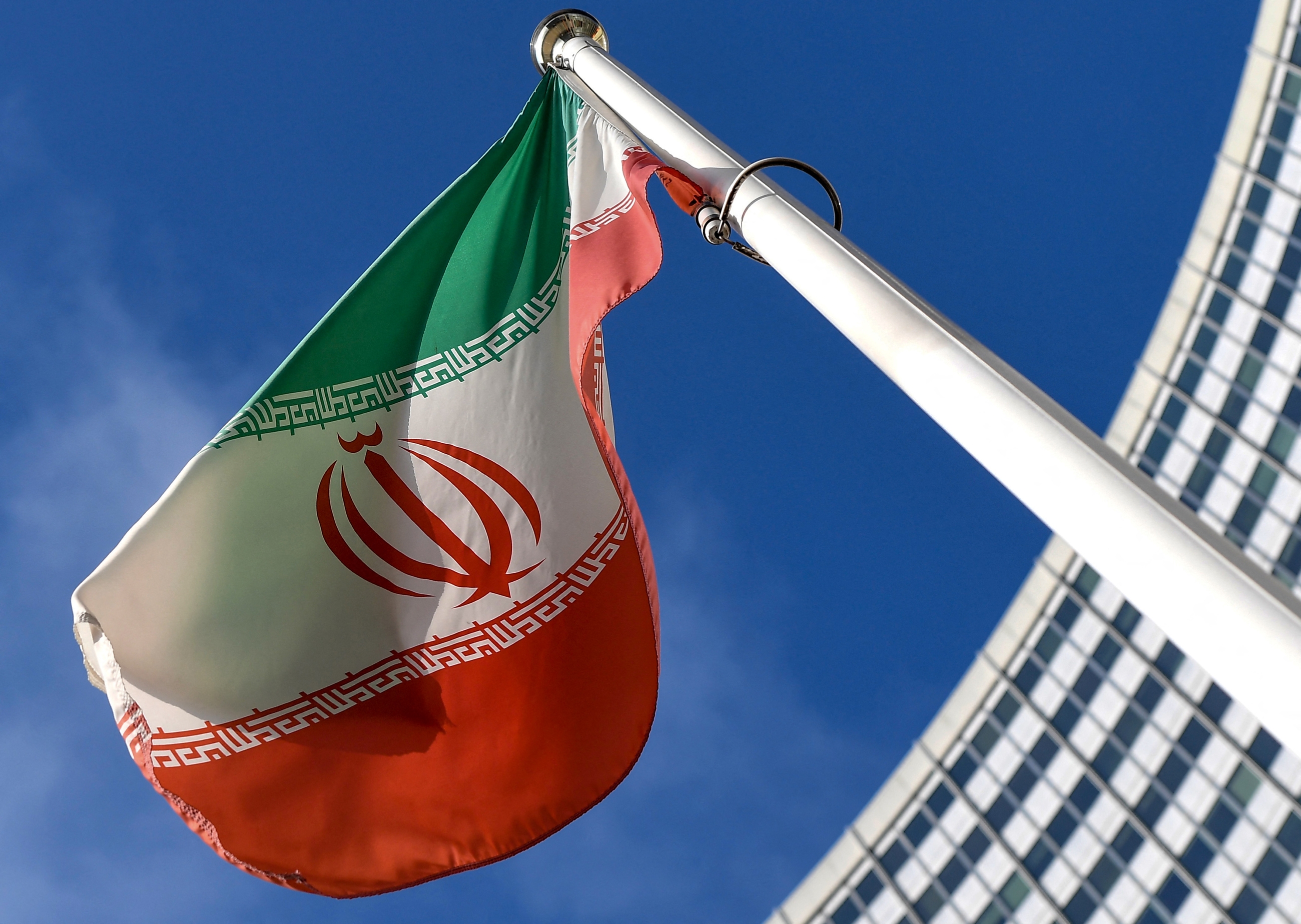
South Korea to restore economic ties with Iran
Iran and South Korea are set to resume bilateral economic trade, as Tehran and Washington hold talks that might lead to a return to the nuclear deal and an easing of US sanctions, said Hossein Tanhaei, chairman of the Iran and South Korea chamber of commerce.
"As sanctions might ease, [South Korean] small and medium-sized companies have shown a lot of interest in resuming trade with Iran," Tanhaei was quoted as saying by Iran's official news agency IRNA.
"Large companies in South Korea have also demonstrated their readiness".
According to Tanhaei, it would take between three to five months for the two countries to resume trade. He also said that Iran would import technology and infrastructure equipment from South Korea.
South Korea was one of the country’s leading importers of crude oil before the US reimposed sanctions on Iran in 2018 after former president Donald Trump pulled out of the nuclear agreement. The Islamic republic was also one of the largest markets in the Middle East for South Korea's electronic devices and automobile industry.
Since 2018, economic ties have deteriorated between Tehran and Seoul, which had a dramatic impact on trade between the two former economic partners.
Seoul had blocked over $7bn of Iranian funds due to the sanctions, despite Tehran's attempts to buy medicines and Covid-19 vaccines with its money frozen in South Korea. After two years of futile negotiations, Iran in January seized a South Korean oil tanker in the Persian Gulf in response to Seoul's reluctance to releasing the funds.
Since then, and with US President Joe Biden's plans to return to the 2015 nuclear deal and subsequent easing of sanctions, Tehran and Seoul have returned to the negotiation table to restore economic ties.
Presidential candidates disinterest in culture angers artists
Following the launch of campaigns by the seven candidates vying for the presidential election, artists have voiced anger over their indifference to cultural activities, with the candidates' main focus on political and economic plans for Iran.
So far, in public meetings, TV interviews, campaign broadcasts, and debates aired on state TV, the candidates have concentrated on attacking President Hassan Rouhani's economic policies and making promises to improve the country's troubled economy.
In an opinion piece in the pro-reformist Aftab daily, Youssef Khakian, an Iranian journalist and poet, suggested two theories for the candidates' silence on culture.
"The first theory is that art and culture have no importance for these candidates, and they are not going to make any change in this field," he wrote.
"The second possibility is that this year's candidates have become smarter than before. They have realised that artists and people with cultural interests do not believe their empty promises, so they no longer play this card.”
In an interview with the Jame Jam daily, Mohammad Hossein Farahbakhsh, an Iranian movie producer, echoed Khakian's first theory, saying that culture is "nothing but a joke" for presidential candidates.
He added that the candidates "don't even know if culture is written with a K or a C".
Despite his criticism, Farahbakhsh stressed that solving Iran's economic issues would help improve the country's cultural scene.
"At the moment, the first and last problem in the country is the economy. So, naturally, an improvement in the economy would impact culture,” he said. “But, on the other hand, if the economic issues remain unresolved, not only will culture not improve, but every other aspect of life.”
Afghan migrants face barriers in Iran
An Afghan university student, who has earned a gold medal at Iran's national Mathematical Olympiad, has said that he could not teach mathematics in Iranian universities or high schools due to discriminatory regulations against Afghan migrants in Iran.
In an interview with the Hamshahri daily, Mohammed Masih Hamidi, 22, born and raised in Iran, spoke about high levels of discrimination and racism against the elite Afghans living in the country.
"I'd like to teach at Iranian universities, but according to laws in Iran, foreign nationals can't be a faculty member at universities or teach at high schools," Hamidi told the daily.
"In Iran, I have no bright future professionally. I also face an unclear economic future, and for these reasons, I am seeking opportunities in countries like Germany or Canada," he said.
Afghan migrants like Hamidi cannot obtain permanent residency in Iran, and must renew their permits every year. About 800,000 registered Afghan migrants and over 2.5 million undocumented Afghans live in Iran.
A third of Iranians in poverty
A new report by Iran's Social Security Organisation Research Centre has revealed that the number of Iranians living in absolute poverty doubled between 2017 and 2019, reaching 30 percent of the country's population of 81 million.
Rouzbeh Kardouni, director of the research centre, told ISNA news agency that the results of this study had been delivered to "policy makers and experts" but has yet to be publicly announced.
"We are confident that publishing this report would be a great help to consolidate support for economically disadvantaged people," Kardouni said.
"This would also provide useful information to assess and observe the efficiency of anti-poverty policies in different regions of the country.”
According to the only data that Kardouni has revealed from this study, the fraction of the Iranian population living in dire poverty reached 15 percent between 2013 and 2017, and the number doubled in the following two years.
Since 2018, following Washington's unilateral withdrawal from the 2015 nuclear deal, Iran's economy has been hit by harsh US sanctions on its oil and petrochemical exports, as well as the banking system.
* Iranian press review is a digest of reports that are not independently verified as accurate by Middle East Eye.
Middle East Eye delivers independent and unrivalled coverage and analysis of the Middle East, North Africa and beyond. To learn more about republishing this content and the associated fees, please fill out this form. More about MEE can be found here.



